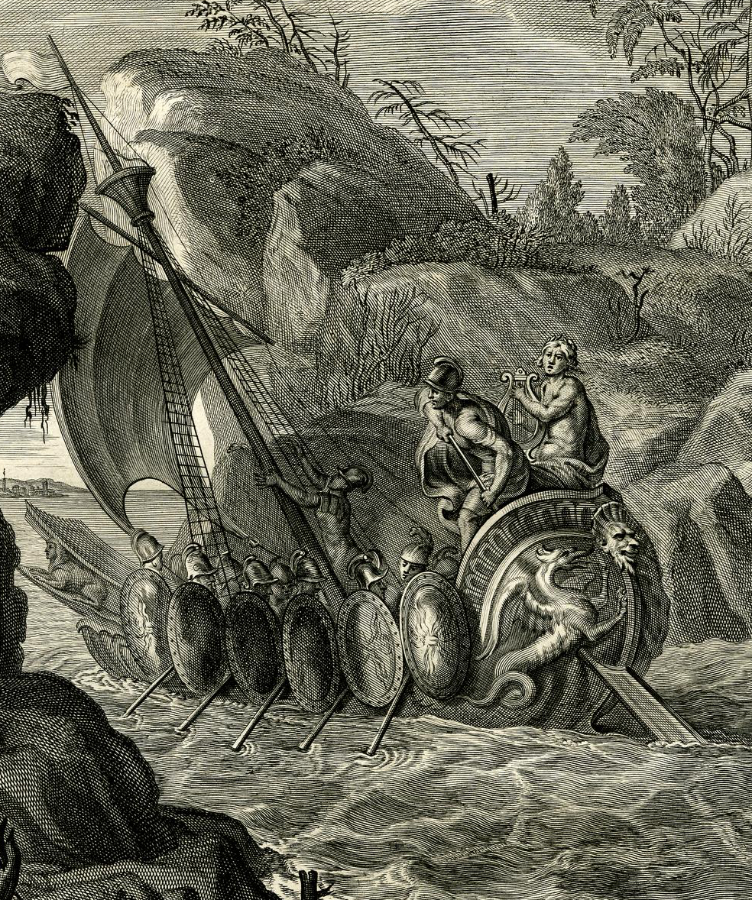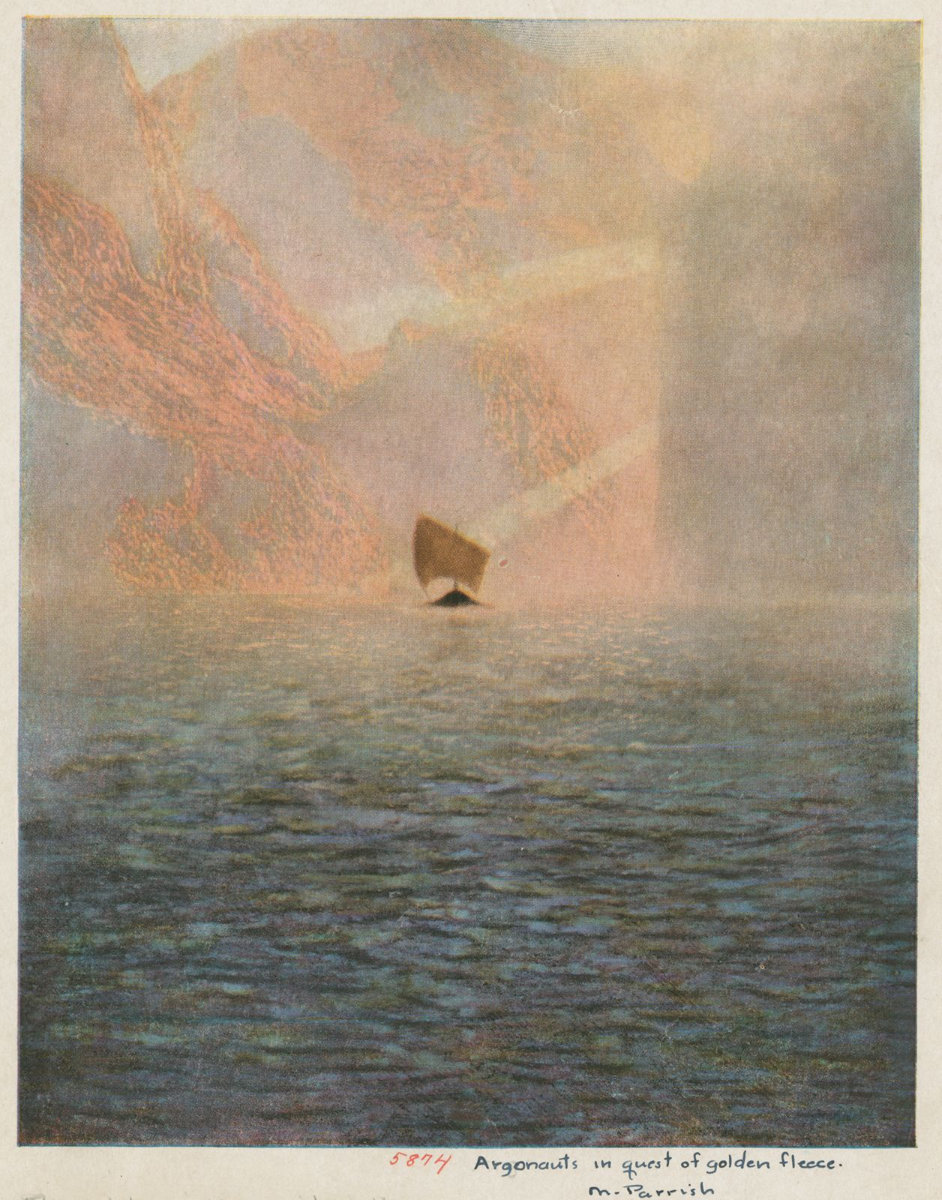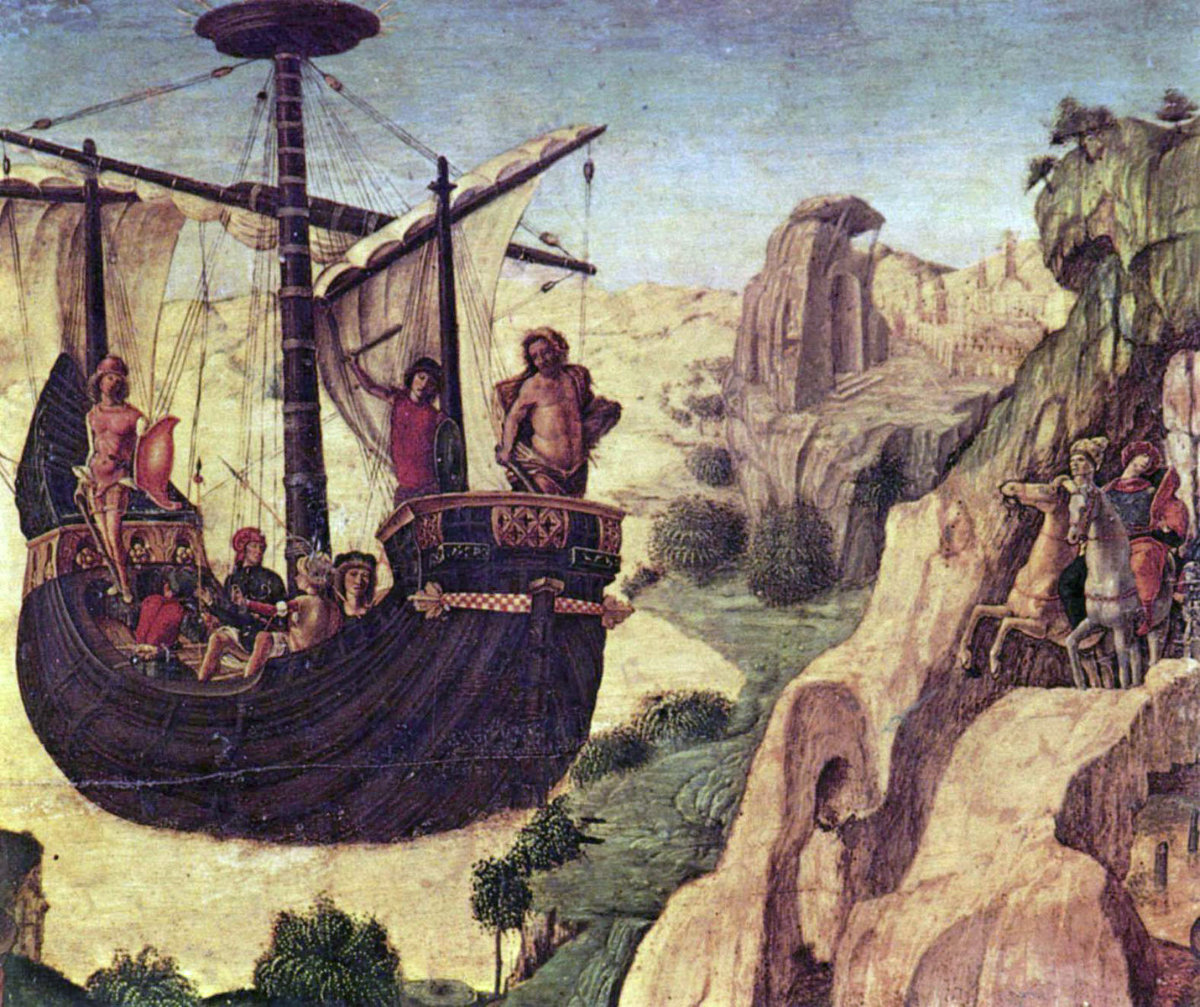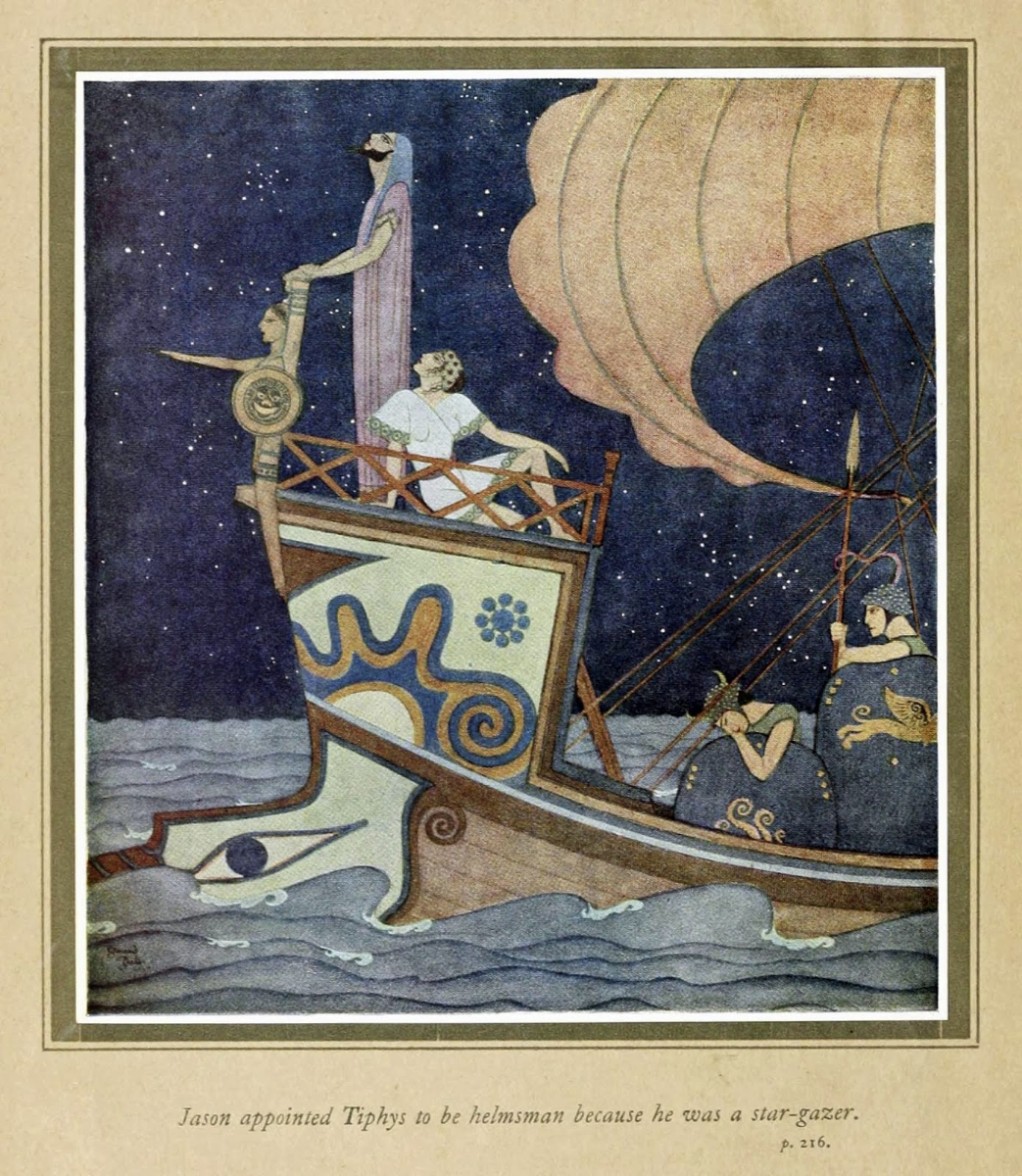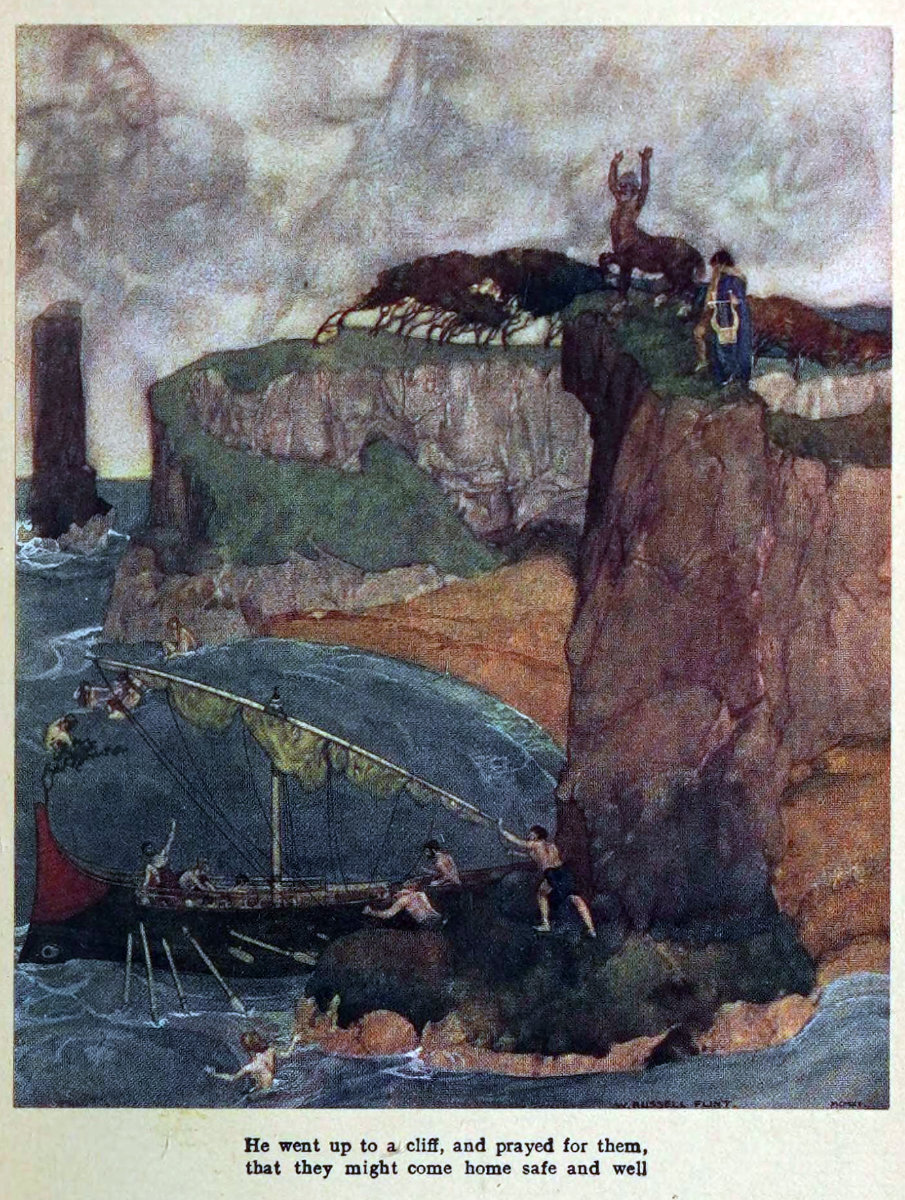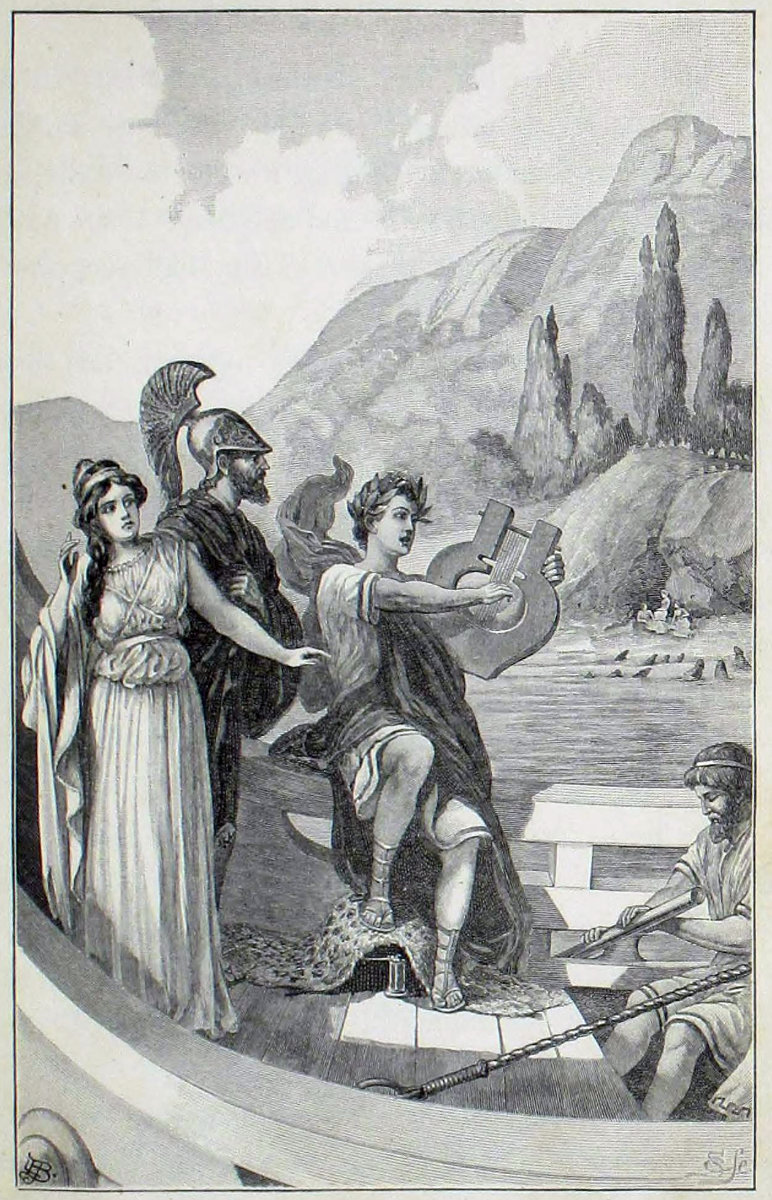The Argonauts were a band of heroes in Greek mythology, who in the years before the Trojan War, accompanied Jason to Colchis in his quest to find the Golden Fleece. Their name comes from their ship, the Argo, named after its builder, Argus. “Argonauts” literally means “Argo sailors”. They were sometimes called Minyans, after a prehistoric tribe in the area.
| Alias Argonauts |
| Real Names/Alt Names See below |
| Characteristics Argonauts, Myths & Legends, Bronze Age, Greek |
| Creators/Key Contributors Apollonius Rhodius |
| First Appearance Greek mythology |
| First Publisher ○ |
| Appearance List Literature: Homer’s Odyssey (mentioned, c. 8th century BCE, English 1614), Homer’s Iliad (mentioned, c. 8th century BC), Hesiod’s Theogony (c. 700 BCE), Medea by Euripides (431 BC), poetry by Appolonius, Diodorus, Valerius, Apollodorus, Ptolemy, Pausanias, Hyginus, Tzetzes, Apollonius of Rhodes’ epic poem Argonautica (late 3rd century BC), The Argonautica by Gaius Valerius Flaccus (late 1st century AD), Argonautica Orphica, Dante’s Divine Comedy (briefly, 1308–1320), William Morris’ epic poem The Life and Death of Jason (1867). Film: Jason and the Argonauts (1963). |
| Sample Read The Argonautica [PG] |
| Description The Argonauts were a band of heroes in Greek mythology, who in the years before the Trojan War, accompanied Jason to Colchis in his quest to find the Golden Fleece. Their name comes from their ship, the Argo, named after its builder, Argus. “Argonauts” literally means “Argo sailors”. They were sometimes called Minyans, after a prehistoric tribe in the area. |
| Source Argonauts – Public Domain Super Heroes Wiki |
